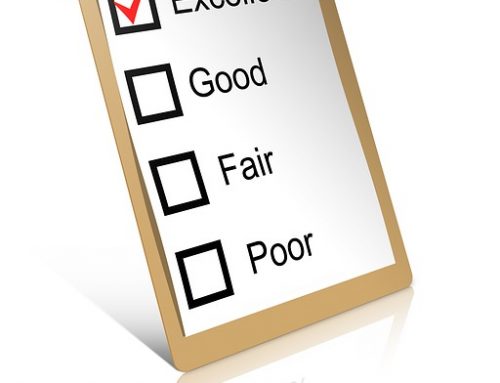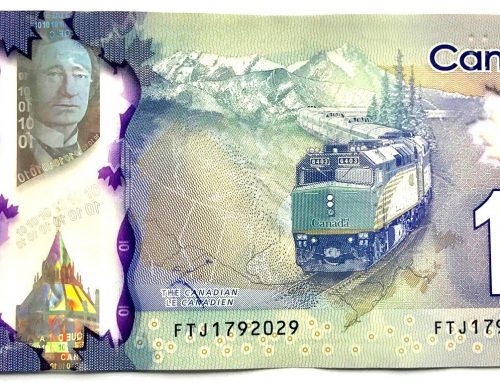 Why credit scores rule your finances
Why credit scores rule your finances
In this post, we want to talk about credit scores and how, even if you have bad credit, you can successfully get one of the highest scores available in Canada’s credit range. So if you really want to turn things around, read on.
In order to succeed in your mission you first need to understand how credit scores work in the first place. Far too many borrowers have the misguided idea that simply paying your bills on time is enough to have great credit.
Such is not the case. One of the first steps you need to take in order to get a better rating is to take a look at your debt ratio on your credit cards. If you have a credit card with a limit of $3000 and you find yourself at the $2900 mark, that’s not a good thing and being too close to your card’s limit is a factor that affects credit scores.
Ideally, you want to use up no more than 30% of your card’s limit at any given time.
While we’re on the subject of debt amounts, it bears mentioning that even some of the most responsible Canadians find themselves with a good credit rating instead of a great rating simply because they have a mortgage payment or auto loan.
So if you’re planning on financing large purchases like those with a loan, you’ll automatically find yourself with a rating that is a notch down from great.
Credit scores also hinge on history, so while it’s wise for you to NOT juggle too many sources of credit, you definitely want to keep some sources open and well managed to help keep a strong credit history in place.
Speaking of having too many sources of credit, applying for several loans or credit cards in the same time frame will result in a negative impact on credit scores. To explain it from the perspective of a lender, getting too much credit can lead to bad situations.
If they see someone earning $50,000 getting $40,000 in total credit, they know that person will not be able to dig their way out if the situation got bad.
This is a little known fact, but the type of loan you have also impacts credit scores. For instance, a mortgage is considered differently than say, a maxed out credit card. The mortgage continually goes down the more you pay it. Paying off a maxed out credit card means you could find it going back up again if a transaction pops up.
Every year, LoanAway helps thousands of Canadians to achieve their goals of improving their credit scores and getting more out of the money they work so hard for.
We offer comfortable debt repayment plans of up to 36 months and our clients have been able to re-build their credit using our loans, especially for debt consolidation.
If you want us to show you exactly how our loans can breathe new life into your overall financial picture, don’t hesitate to call us – (866) 689-0091 – and speak to one of our loan specialists, who’ll be happy to walk you through the process and show you what you can expect.


